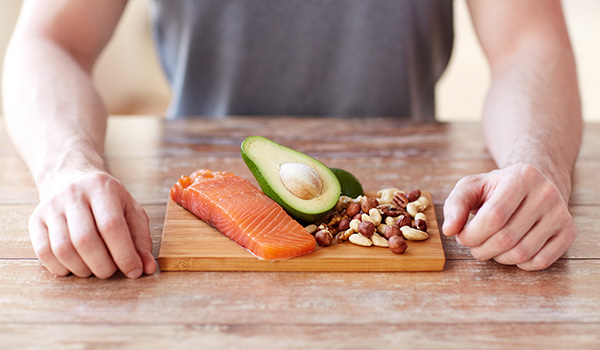
When you exercise for 90 minutes or more, especially if it’s a high-intensity activity, it requires a lot of stamina. For that reason, your body needs extra support. Elite athletes are known for pushing their bodies beyond “normal” limits, they are often informed by professionals how to properly support their bodies with diet tips.
Here are key diet tips you can incorporate to better support your body.
Carbohydrates, Carbohydrates, Carbohydrates
Carbohydrates are an athlete’s primary fuel source. Your body converts them to glucose, a type of sugar, and stores it as glycogen in your muscles.
Your body converts glycogen into energy while you work out. Even for high-intensity exercises, if you exercise for less than 90 minutes, you’ll have adequate glycogen in your muscles. If your gym session is longer than that, however, use the following strategies:
- Carbohydrate loading is recommended for 3-4 days prior to an extended exertion session (over an hour and a half), which will ensure optimal glycogen levels.
- To maximize carbohydrate storage, one of the diet tips would be to eat around 70% of calories from carbs, such as bread, cereal, pasta, fruit, and vegetables.
- Eat your last meal 3 to 4 hours before training on the day of a big event to give your stomach time to empty.
- Sugary or starchy foods should be avoided within 30 minutes before beginning an activity since they can hasten dehydration.
During extensive workouts, it’s important to replenish carbs, minerals, and water. Every 15 to 20 minutes, have a snack and drink some water. Refined carbs (those including sugar or wheat) enter the bloodstream quickly and provide energy to functioning muscles. Because sports bars, sports drinks, and gels are so convenient, many athletes prefer them. Fruit and fruit juice, on the other hand, are good choices also.
Get Enough Protein, But Not in Excess
Protein is a low-energy food source, meaning that it doesn’t convert into a sustainable source. However, protein does help keep your muscles in good shape as long as you’re consuming accurate amounts. Every person requires different amounts of protein so it’s important to be aware of your specific requirements. On a daily basis, an average person requires 1.2 to 1.4 grams of protein per kilogram of body weight. There is a careful balance between enough and too much, your kidneys may be strained if you consume too much protein. Athletes maintain this precarious balance by eating high-quality protein instead of protein supplements, such as lean meats, fish, poultry, nuts, beans, eggs, and milk
Drink Fluids Frequently and Early
Exercising vigorously, especially in warmer climates, can quickly dehydrate you. Dehydration can impair your performance and, in extreme situations, put your life in jeopardy. Professionals advise is to drink fluids early and regularly even if you don’t feel thirsty. You can be dehydrated by the time you feel you need a drink. You can tell your hydration levels by the color of your urine, dark yellow is an indication that you need more water, light yellow means you are drinking sufficient amounts.
Because strenuous exertion causes rapid fluid loss, it’s a good idea to drink fluids before, throughout, and after an event. During a race, endurance athletes like marathon runners and long-distance bikers should drink 8 to 12 ounces of fluid every 10 to 15 minutes. Drink cooled fluids whenever feasible, as they are easier to absorb than room-temperature water. Cooling down your body with chilled fluids is also beneficial.
Replace electrolytes
Sweating flushes both fluids and electrolytes from the body. Electrolytes aid in the transmission of nerve messages throughout the body. Reach for sports drinks to rehydrate them. If you’re sweating a lot and losing a lot of fluid, dilute sports drinks with equal parts of water to attain the optimum fluid and electrolyte balance.

